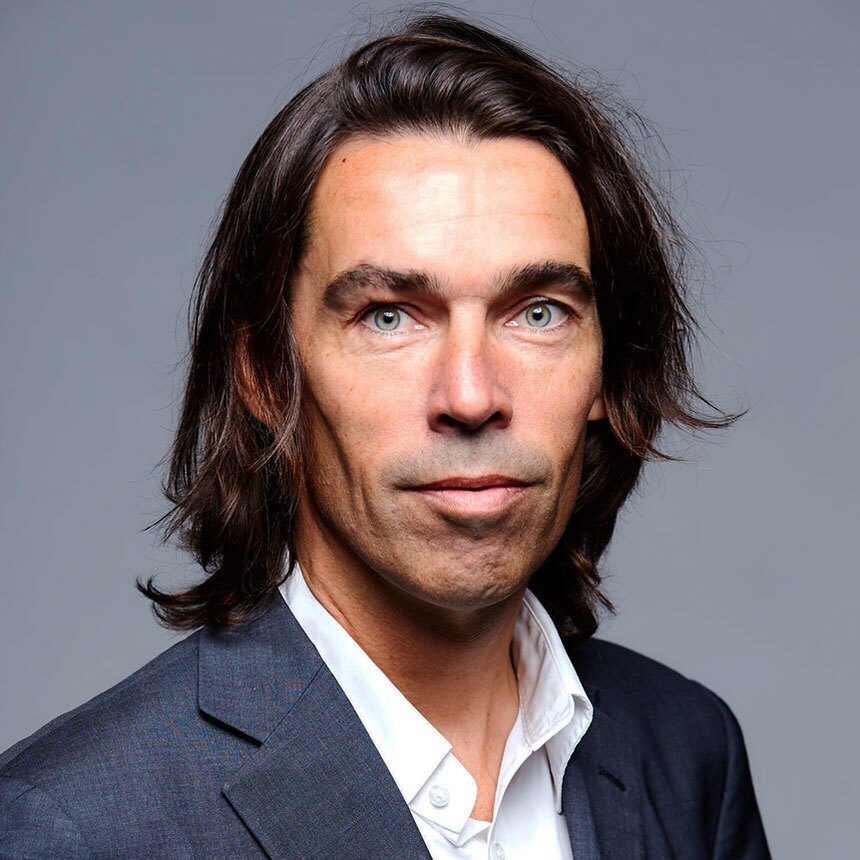Marriott International CEO Anthony Capuano is optimistic about the return of corporate travel to Europe as his company reached a development milestone on the continent.
Marriott recently opened its 1,000th hotel in the Europe, Middle East and Africa region, the Westin London City. The company now has 200,000 opened rooms and a pipeline of 200 assets and 38,000 rooms across 2022 and 2023 in the EMEA region.
In a recent news release, Satya Anand, Marriott's president overseeing the region, said “last year alone, we opened nearly 90 properties across EMEA, including brand debuts in destinations such as Ibiza, Reykjavík and Cairo.”

Speaking to Hotel News Now at the 222-room Westin, which sits on the north bank of the River Thames overlooking the Tate Modern art museum and the recreation of the Globe Theatre, Capuano said business and group bookings are ramping back up.
He said he and his team are talking to their customer groups daily.
“We’re looking with big interest at the big companies’ policies and attitudes to return to office and travel," Capuano said. "In our [fourth quarter earnings], Marriott saw a 30% drop in business travel [compared with the same quarter in 2019], but that was up 10% to the prior quarter. Leisure remains the hare, group the tortoise, but the signs are pretty encouraging. Whereas there was pent-up demand for leisure, there now is for business."
He added chief financial officers are feeling pressure from their own employees to get back on the road.
“One trend we have to watch closely, though, is that many multinationals have ratcheted back travel volume because of climate and carbon-footprint considerations. That will be very interesting to watch. My hypothesis is that we may see fewer trips but longer ones,” Capuano said, adding he is doing more of that kind of travel.
Different Strokes
Capuano said of the 140 or so countries in which Marriott has hotels, some currently are booming, while others are facing more of a challenge.
“At our second quarter earnings last year we said China was back, but now Shanghai is shut down. China is fascinating to watch. [Revenue per available room] there dropped precipitously, but when things reopened, demand recovered quite quickly. Usually recessions end with smooth trajectories, but [across the pandemic] it was very unpredictable,” he said.
Russia is another challenging market, but along with most international hotel firms, Marriott is following U.S. guidelines and sanctions, he said.
Capuano said Marriott employs a rapid-growth model reliant on third-party ownership, which comes with contract commitments.
“Where there are elements in our sole control, we moved quickly — for instance, closing our Moscow office and pausing pipeline. We are in real-time discussions in an enormously fluid environment. There are calls almost daily,” he said.
Capuano mentioned Jeffrey Sonnenfeld, senior associate dean for leadership studies and Lester Crown professor in the practice of management at Yale University, who in the U.S. has appointed himself as arbiter of all things ethical concerning international business in Russia.
“To his credit, [Sonnenfeld] has said he understands that companies with certain types of business model do not have full ability to make decisions [on Russia],” he said, adding Marriott has “doubled down on everything we can do in terms of humanitarian support, including matching donated loyalty up to 100 million points.”
Globally and in Europe, Marriott now has embarked on additional growth plans and increasing share of wallet, Capuano said.
“With forward bookings we are seeing only very modest cancellations, with U.S. travel getting stronger to western and southern Europe," he said. "We signed 92,000 rooms globally in 2021, with the vast majority of owners long-term investors, hotels their chosen vocation and who understand we’re in a cyclical industry even in a normal environment."
He said portfolio growth is particularly accelerated in the select-service segment, and conversions are leading global hotel development.
New Horizons
Capuano said that one silver lining for hotel owners in the pandemic is that lenders in their risk assessments realized they could not foreclose, because by doing so they would only be able to cover operating shortfalls.
“They have been more collaborative and inventive with borrowers, but will they return to being more aggressive?” Capuano asked.
Significant investment in “next-generation” Marriott products, strong developer interest, strengthening performance metrics and “remarkable pricing power” in luxury are all fueling optimism, Capuano said.

Another new Marriott brand coming to the U.K. is the 196-room St. Regis London. Its debut is set for late 2023 or early 2024 in the former Westbury Mayfair, a Luxury Collection Hotel, London, which was opened by Starwood Hotels & Resorts many decades before Marriott acquired Starwood.
The hotel is undergoing a $122-million renovation with developer Cola Holdings and Westbury Hotel Ltd.
Capuano said future Marriott mergers and acquisitions will not be driven by "a burning need to add just to get scale," adding that consideration would center on whether a deal filled "a gap, a brand architecture or a geography."
“When we bought Protea, we did not have a single hotel in Africa, but with one check we had 350 associates with three decades of experience and became the largest operator in sub-Saharan Africa,” he said, adding approximately 20 hotels will be opened in the continent before the end of 2023.
Capuano said the hotel industry is showing robust signs of recovery.
“Certainly, in the early days [of the pandemic] we and our peers, our owners and franchisees, focused on survival, stabilizing the balance sheet and with a keen focus on liquidity, raising $7 billion to $8 billion.
“Over the 27 years I have been at Marriott, we’ve had lots of financial models. We thought of ourselves as a conservative steward of our balance sheet, but what happens if demand drops 90%? Yes, it was an intense period,” he added.


